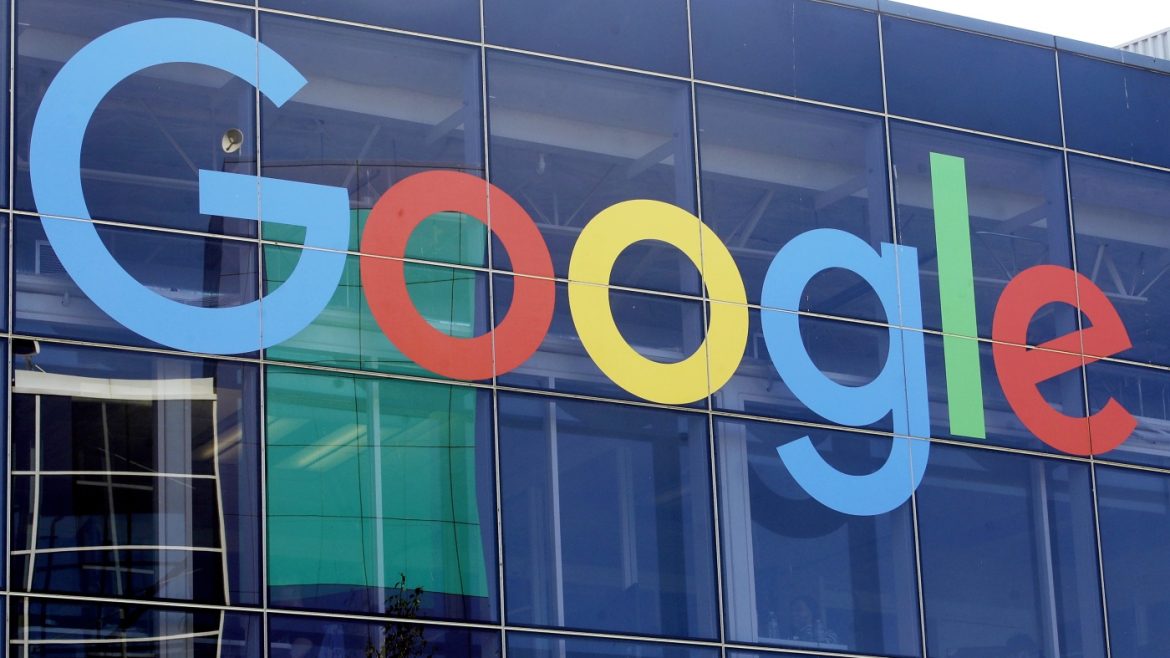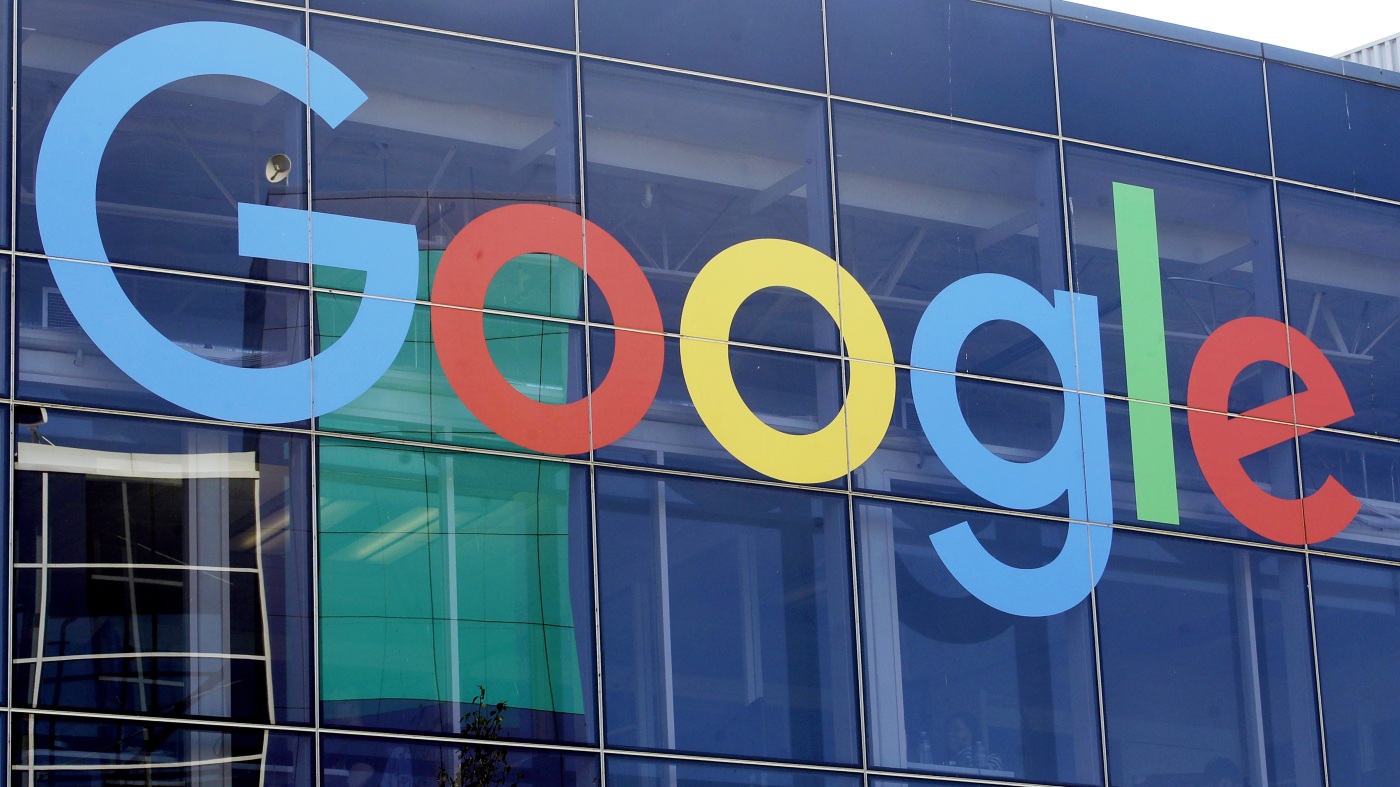Introduction
In a landmark settlement, Google has agreed to pay the state of Texas a staggering $1.4 billion to resolve claims that the tech giant collected users’ data without their explicit consent. This settlement is not just a financial penalty but a significant milestone in the ongoing battle for data privacy rights. The case, which has been ongoing since 2022, involves allegations that Google secretly tracked users’ geolocation, incognito searches, and biometric data, including voiceprints and facial geometry.
The Scope of the Settlement
Financial Implications
The $1.4 billion settlement is the largest amount won by any state in a settlement with Google over data-privacy violations. This hefty sum underscores the severity of the allegations and the importance of data privacy in today’s digital age. For Texas, this settlement is a major victory, setting a precedent for other states to follow suit in protecting their residents’ privacy rights.
Legal Context
The case was brought under Texas’s strict data privacy laws, which have been increasingly enforced in recent years. The settlement resolves several claims made by Texas in 2022, including allegations related to geolocation tracking, incognito searches, and biometric data collection. These claims highlight the pervasive nature of data collection practices and the need for robust legal frameworks to protect users from unauthorized surveillance.
The Allegations
Geolocation Tracking
One of the most concerning allegations is that Google secretly tracked users’ movements. This means that even when users thought they were anonymous, Google was collecting data on their whereabouts. This practice raises serious privacy concerns, as geolocation data can reveal sensitive information about individuals, including their daily routines, personal habits, and even their most private moments.
Incognito Searches
Another significant allegation is that Google tracked users’ incognito searches. Many users rely on incognito mode to browse the internet privately, assuming that their searches and browsing history will not be recorded. The revelation that Google was collecting this data undermines users’ trust in privacy features and highlights the need for transparency in data collection practices.
Biometric Data Collection
The collection of biometric data, including voiceprints and facial geometry, is particularly alarming. Biometric data is highly personal and unique to each individual, making it a valuable target for data breaches and identity theft. The fact that Google was allegedly collecting this data without users’ consent raises serious ethical and legal questions about the company’s practices.
The Impact on Users and the Tech Industry
User Trust and Transparency
The settlement serves as a wake-up call for tech companies to prioritize user privacy and transparency. Users expect their personal data to be protected, and any breach of this trust can have severe consequences for a company’s reputation. The settlement with Texas sends a clear message to tech giants that they must adhere to strict data privacy standards or face significant financial penalties.
Industry Regulations
The settlement also highlights the importance of robust data privacy regulations. As technology continues to evolve, so too must the laws that govern it. This settlement sets a precedent for future cases and encourages other states to enforce similar protections for their residents. The tech industry must adapt to these changing regulations and prioritize user privacy in all aspects of their operations.
Future Implications
The $1.4 billion settlement is a significant win for Texas and a major setback for Google. The settlement is a reminder that tech companies must be held accountable for their data collection practices and that users’ privacy rights must be protected. As the digital landscape continues to evolve, it is crucial that companies prioritize transparency and user consent in all their operations.
Conclusion
A New Era of Data Privacy
The $1.4 billion settlement between Texas and Google marks a new era in data privacy. It sends a clear message to tech companies that they must prioritize user privacy and transparency or face significant financial penalties. This settlement is a major victory for Texas and a reminder that data privacy is a fundamental right that must be protected. As technology continues to evolve, it is crucial that companies and regulators work together to ensure that users’ data is protected and that their privacy rights are respected.


